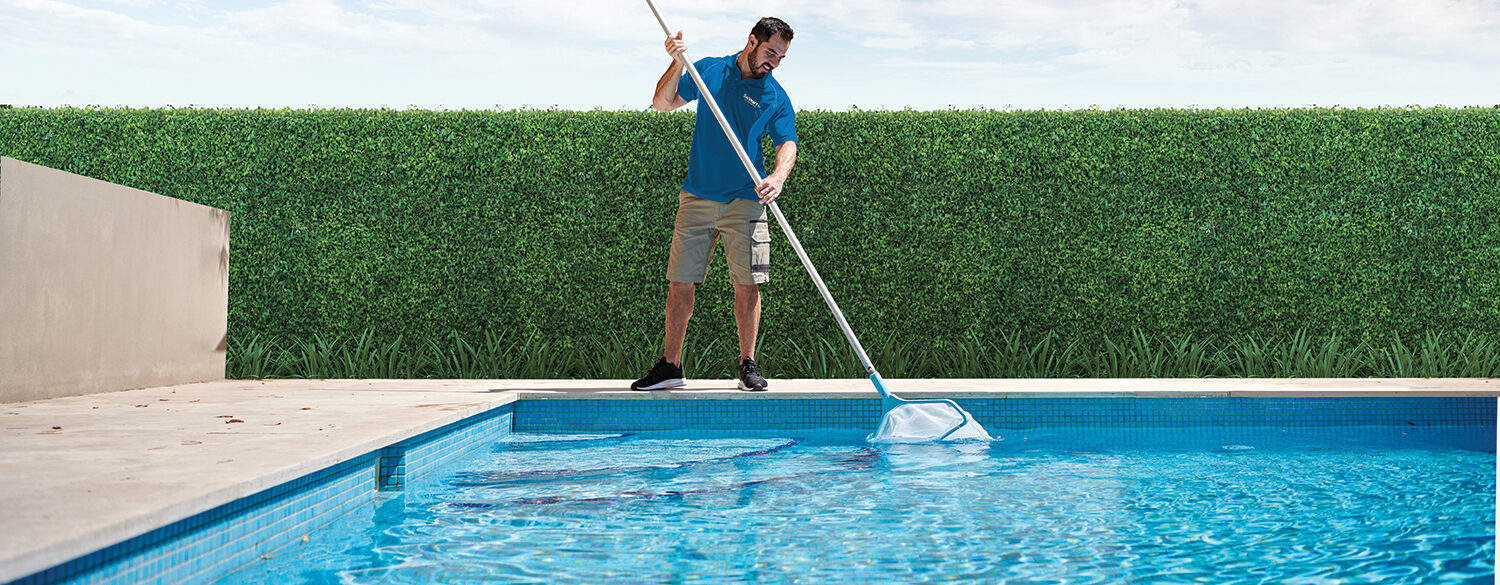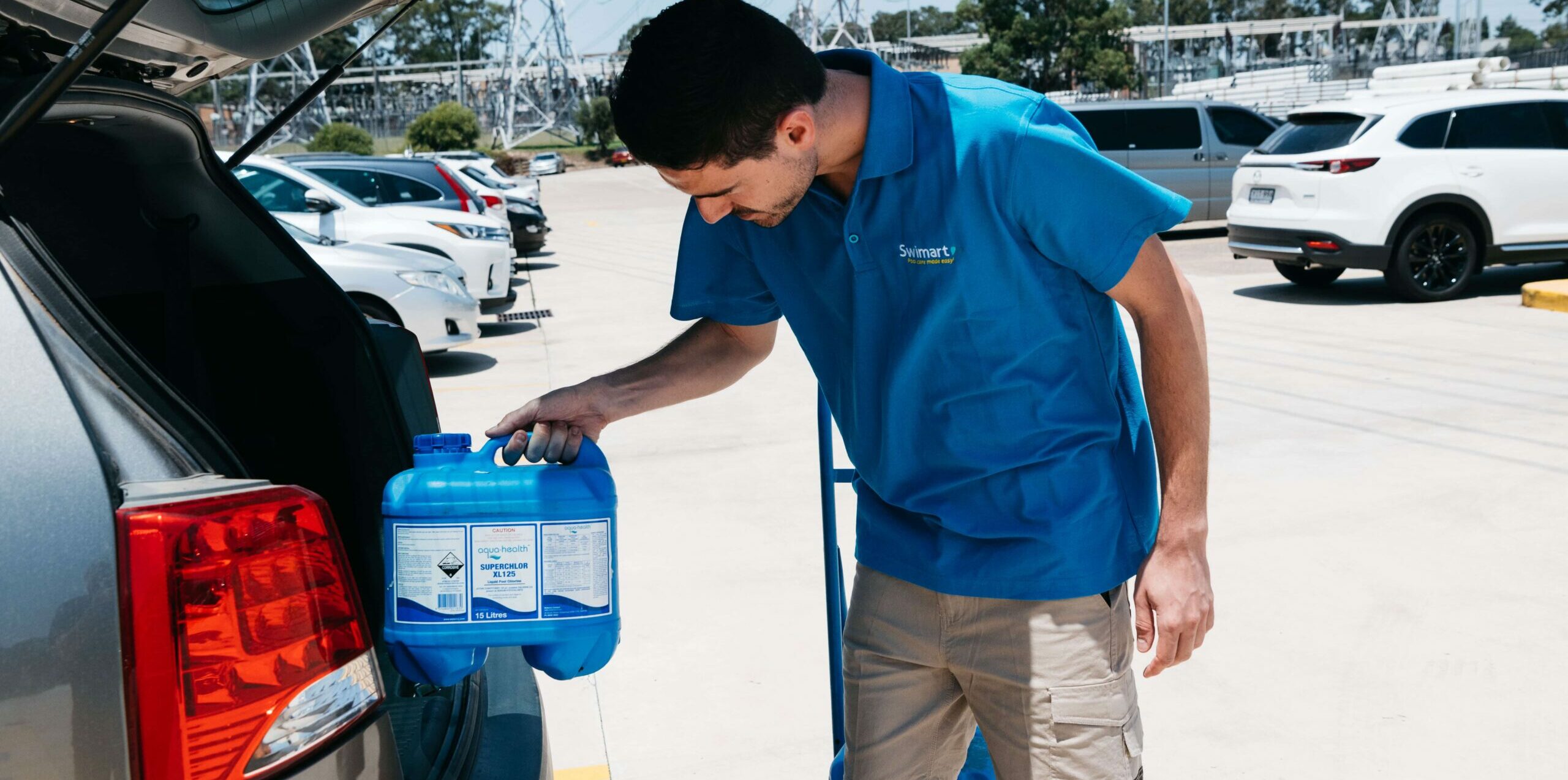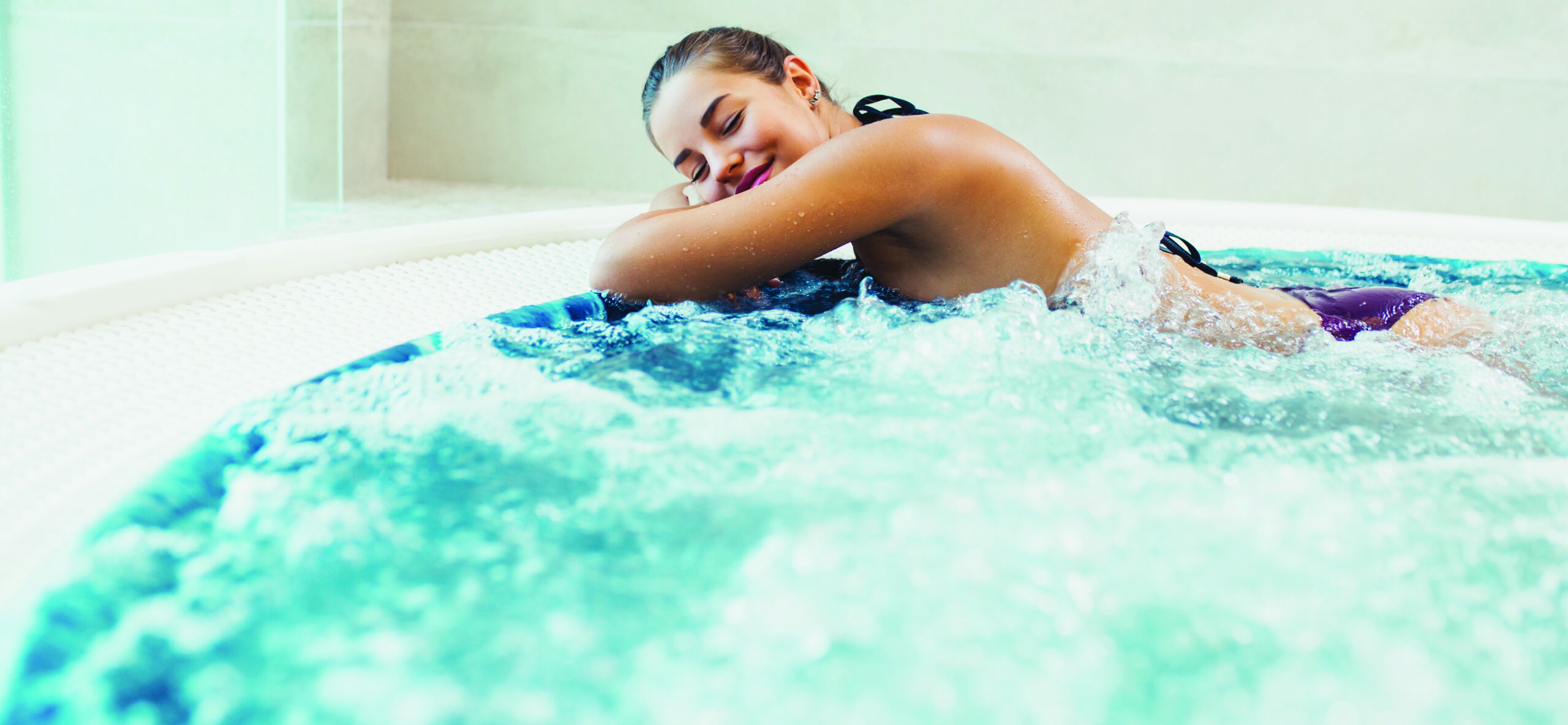Product Info
Swim all year with a pool heater
5 February 2017
Pool heating might be the last thing on your mind now but when it comes to extending your swimming season, now is actually the perfect time to consider your options. It’s been a long, hot summer in many parts of Australia, so naturally those of us who own a pool want to maintain perfect water temperatures for as long as possible, no?
"Pool water typically ranges between 18 and 20 degrees Celsius however most people prefer the water a bit warmer, around 25 to 26 degrees," says Swimart’s Australasian manager Chris Fitzmaurice. "Pool heating enables you to maintain that ideal temperature, extending the swimming season and allowing you to get more use out of your investment."
Pool heaters have come a long way over the years with Swimart supplying a wide range of heating solutions from solar systems and heat pumps, to electric and gas options. Knowing which one works best for your pool comes down to a few factors, including:
- Geographic location - because a pool in southern Victoria will have different heating requirements than one situated on Queensland's Sunshine Coast
- Siting – a pool in shade most of the day has different needs than one that's north-facing and open to the elements
- Size and depth – a small plunge pool is considerably different to a large family pool
- Lifestyle – how often do you use your pool and, more importantly, how patient are you?!
- Budget – not just for the price of the pool heater but also its running costs
Here is a brief outline of the three main types of pool heating systems Swimart supplies:
Heat pumps
Reliable, highly efficient and economical to run, heat pumps extract heat from the air (like a reverse cycle air conditioner) and use that heat to produce hot water. Because they do not generate any heat themselves, but instead draw it from the surrounding air, they are also considered one of the more energy efficient systems. Some models feature multiple speed settings that enable you to reduce power consumption even more.
Gas
Whether it’s operated by propane or natural gas, a gas pool heater is still considered the fastest method for warming up pool water, essentially providing perfect swimming temperatures on demand. They're most efficient when heating pools for short periods of time, making them a popular choice for people who don't use their pools often (think owners of holiday homes or people who travel regularly for work).
Solar
Undeniably the most environmentally friendly option of all, solar heating captures the sun's rays via a series of tubes, known as the collector, which is usually mounted on the roof of your house or garage (preferably north facing). Solar systems are a low-cost method to heat up your pool and have virtually no operating costs, just the cost of electricity to pump the pool water through the solar absorber on the roof.
Clever heat controllers
Technological advancements in the pool heating industry now make it even easier to maintain perfect pool conditions.
Australian company Ascon has more than 50 years’ experience in the electronics industry, and its Filter Heater Controller keeps a close eye on your pool so you don't have to. In fact, as soon as the temperature drops, this compact controller switches on the filtration pump to allow your heater to warm up the water. If the heater is not required, the chlorinator turns on when the timer is set.
The unit overrides timing when heating is required to maintain temperature in the pool. And it employs a conventional (not solar) heating system.
To have a trained professional perform a sizing analysis of your pool to determine the right pool heater, simply visit your local Swimart store or call Swimart on 1300 991 104.


 NZ
NZ AUS
AUS 



